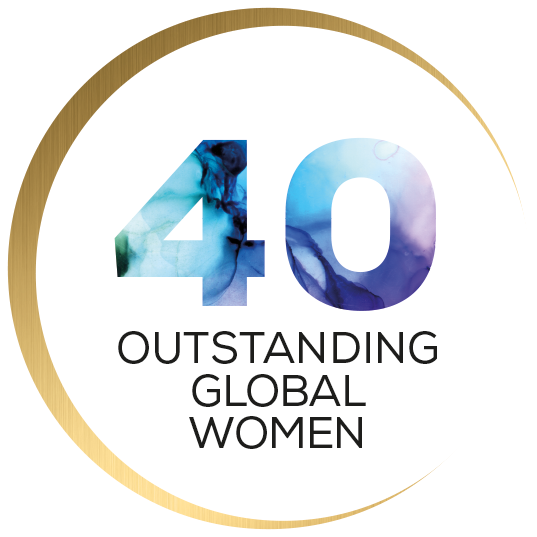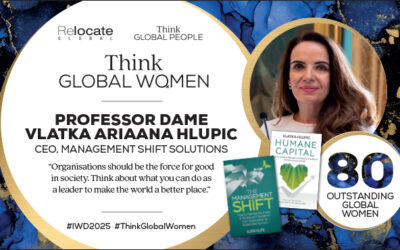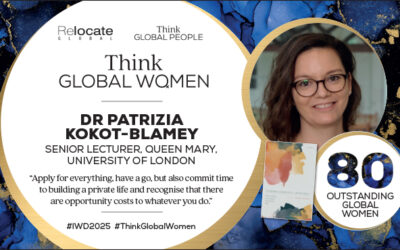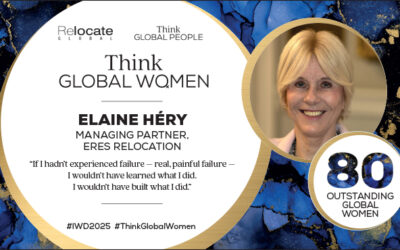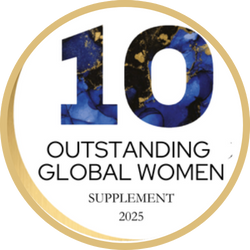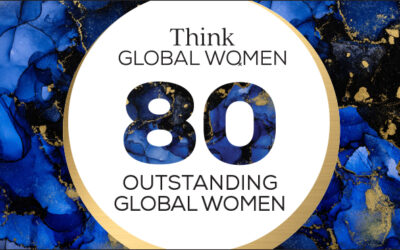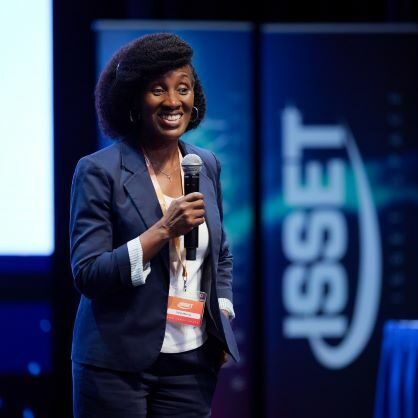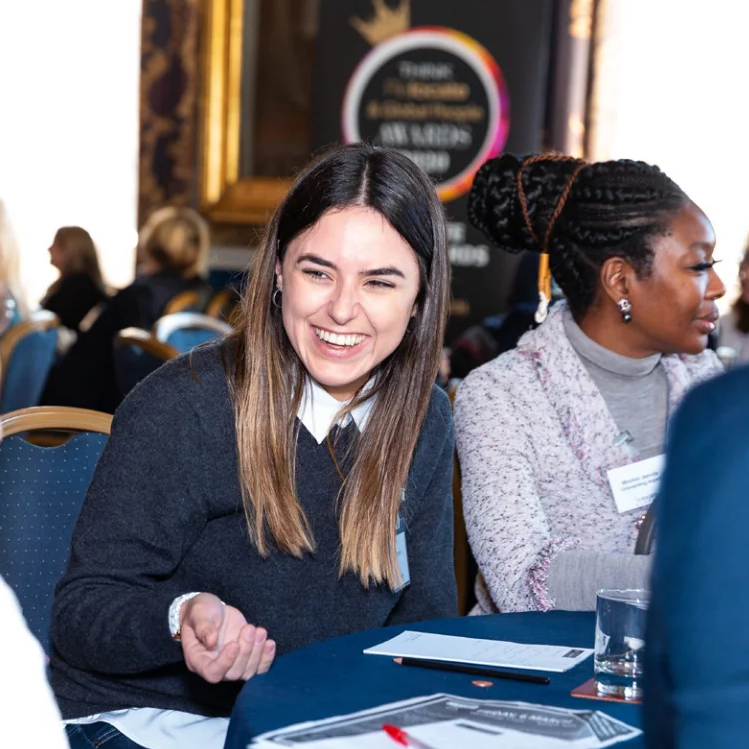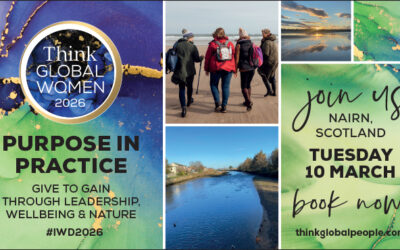Keryn Mendes | 40 Outstanding Global Women 2023
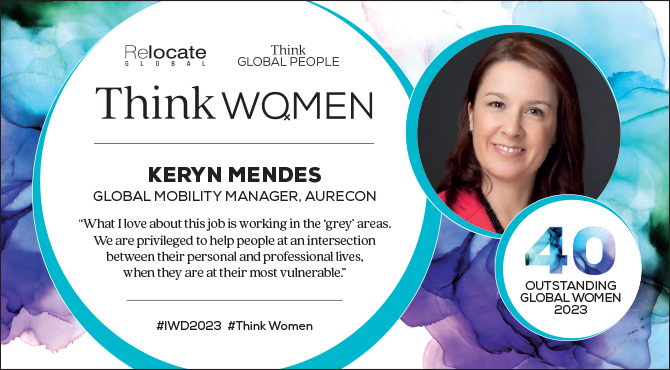
“What I love about this job is working in the ‘grey’ areas. We are privileged to help people at an intersection between their personal and professional lives, when they are at their most vulnerable.”
Keryn Mendes, Global Mobility Manager, Aurecon
Sustainability, connection and collaboration
Keryn Mendes leads the global mobility programme at Aurecon, an Australian design, engineering, and advisory company with 6,500 employees across the APAC region. She is also founder and co-host of the global mobility podcast, ‘The Working World’.
Keryn Mendes is a connector. When she was frustrated by the lack of dialogue in the industry during Covid, she co-launched her own global mobility podcast, ‘The Working World’, interviewing specialists and colleagues to share their knowledge. Likewise, when she felt sustainability was not enough of a priority in Australia, she co-developed a global initiative, working with four universities including Monash in Melbourne and Malaysia, the University of Dallas in the US, and the University of Warwick in the UK, looking at environmental sustainability in the industry. “I find sharing knowledge incredibly rewarding, it really energises me,” she says.
It was serendipitous that Keryn found herself working in global mobility in the first place. After studying hospitality management, she segued to in HR. She was working at Boeing when she took a lengthy car journey with a senior colleague from mobility to a meeting. They passed the time discussing the challenges of the global mobility function. By the time they arrived, Keryn was sold. “It was absolutely my calling,” she says.
CREATING SYNERGIES THROUGH COLLABORATION
Seventeen years on, Keryn – who is based in Melbourne and has a particular interest in sustainability and mentoring others – has worked for a selection of premium global companies. As well as Boeing, this includes Eriksson, the British-Australian mining giant Rio Tinto, software developer Adobe, and the Australian Government’s Commonwealth Scientific and Industrial Research Organisation (CSIRO). She has collected awards along the way, including the Employee Mobility Institute’s global mobility champion award and the Forum for Expatriate Management’s APAC best global mobility programme in tech/media.
“What I love about this job is working in the ‘grey’ areas. We are privileged to help people at an intersection between their personal and professional lives, when they are at their most vulnerable,” she says. As a natural-born fixer, Keryn also likes the way mobility intersects with every part of the business. “We are the synergy which brings everything together. Mobility has a lovely way of being collaborative.”
After Boeing, Keryn joined Rio Tinto, the world’s second-largest mining company, to gain exposure to a different region. “Boeing was US-centric,” she says. “We were mostly moving people back and forth between Australia and the US.” The Rio Tinto role allowed her to work in Asia. “APAC was really up-and-coming as a region in mobility during that time and there was a lot of activity.” Keryn then moved to the tech giant Eriksson with a brief to strengthen their immigration policy, a particular area of interest. She was then approached by the Commonwealth Scientific and Industrial Research Organisation (CSIRO), the Australian government agency responsible for scientific research, to become their global mobility lead. “I designed and built their programme from scratch,” she says, placing people around the world to benefit Australia in science and innovation, from Vietnam to Singapore and France.
BEING INTENTIONAL ON SUSTAINAINABILITY
When Covid hit, like the rest of the industry, Keryn was thrown into crisis. “CSIRO had people everywhere,” she says, “and we needed to get them back to Australia before the borders closed.” Those who missed the deadline were placed in a strict two-week hotel quarantine when they arrived. “Conditions were particularly harsh at first,” says Keryn. “We sent care packages with everything from magazines and playing cards to basic exercise equipment and snacks to supplement the irregular meal service.” CSIRO also devised a structure of meetings and daily check-ins designed to keep staff in quarantine connected and engaged.
Australia was particularly badly hit by the epidemic. The country closed its borders in March 2020 and did not re-open them again until two years later, in February 2022. Melbourne, where Aurecon is based, had the toughest restrictions of all the Australian states with six separate lockdowns totaling 262 days.
Almost two years later, the country is still in recovery. A direct legacy of Australia’s harsh lockdowns, “foreign assignments have dropped off,” says Keryn. “People are still afraid of going into a foreign jurisdiction.”
Higher costs of living are also impacting employees’ reluctance to accept overseas opportunities. Singapore, for example, an important hub in the APAC region, has seen a 40% increase in the cost of housing. Add to that competition for international school places and families don’t see the advantage of moving. Instead, employees favour shorter solo stints in a location without disrupting their family, or extended business trips. “It’s an expensive way to do mobility,” says Keryn, particularly with the cost of flights from Australia, which have remained high post-pandemic. “Unlike in Europe, there are not alternative ways to get around.”
Following CSIRO, Keryn worked at Adobe before moving to her current role at Aurecon, which has 6,500 staff across the APAC region, including in China, Malaysia and Vietnam. Part of the attraction, she says, was Aurecon’s commitment to sustainability. “The company has a real interest in prolonging the life of an asset rather than tearing it down and building something new,” she says, “and that aligns with my values.” Most employee movement is from the UK to Australia, which would have been an easy sell pre-pandemic, with employees delighted to spend a couple of years in sunny Australia. Not so now. “There is still a real reluctance to come here,” she says.
Like her mobility colleagues across the world, Keryn is exploring the new ways of working Australia is in no rush to return to the office and Keryn’s role is still fully remote. Aurecon is flexible in its approach, she says, and supports employee-initiated assignments where it can. “Obviously, we need to look at time zones and right-to-work regulations, but the door to that is open,” she says.
SHARING KNOWLEDGE WITH THE NEXT GENERATION
Keryn is also passionate about mentoring. “I have a strong desire to give back,” she says, “I want to share my experience, particularly the learnings we got from Covid, which are once-in-a-career lessons.” She is a career coach at Aurecon, providing support to employees in the earlier stages of their career development and is also a mentor for the Asia Talent Mobility Alliance (ATMA), recently launched to enhance the development and innovation of the mobility industry across Asia. She also works with students at the University of Texas in Dallas in its Global Mobility Club programme, designed to bring awareness of the industry to students from a range of disciplines.
What’s next? “Hopefully, my next move will be internationally,” she says. In the meantime, she is working hard to keep mobility relevant. “The pandemic did a wonderful job of shining the light on us and showed the breadth and depth of our skillset. We now need to work to keep our relevance by making sure we are always part of the conversation.”



